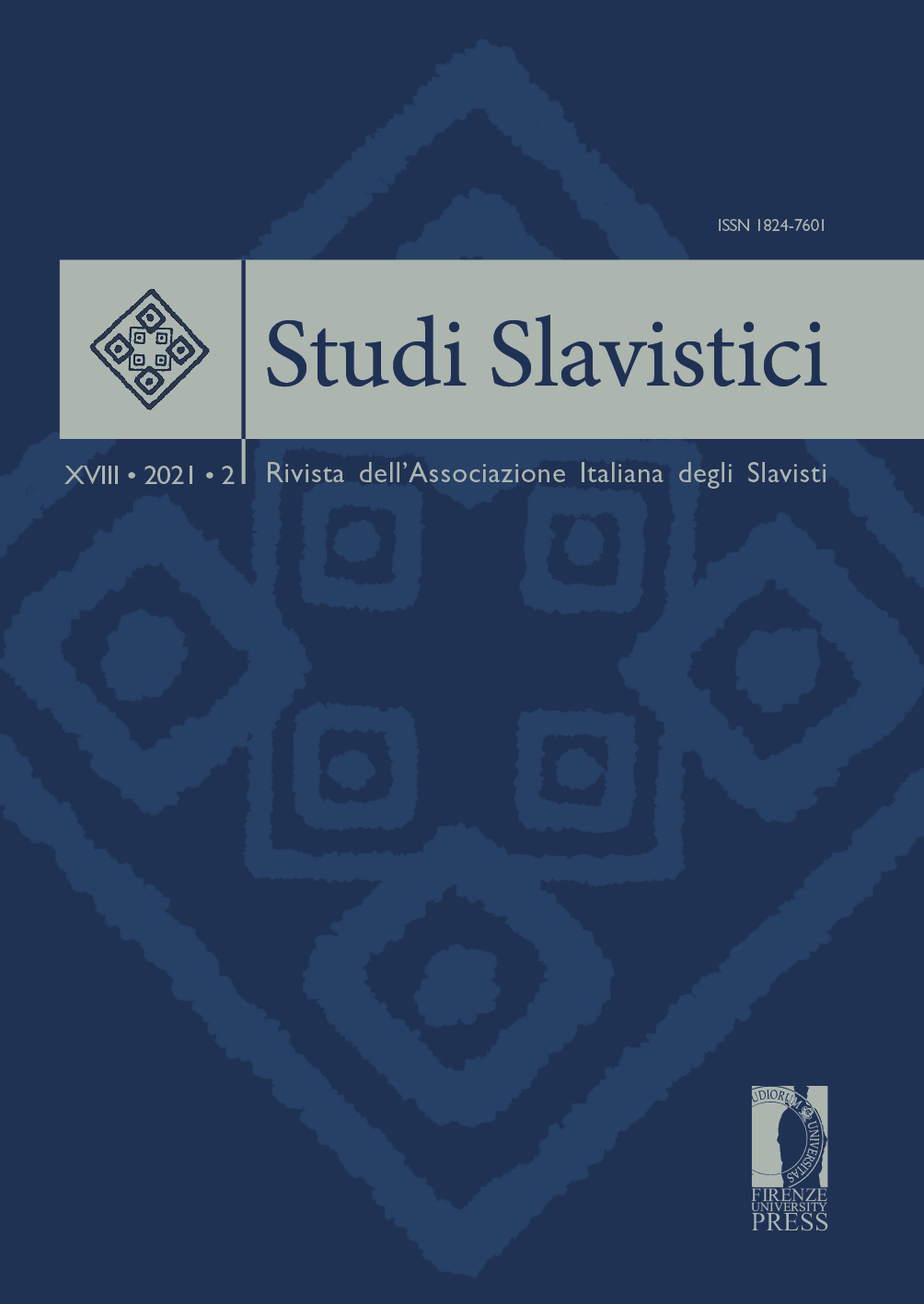Published 2022-02-02
Keywords
- Polish Literary Criticism at the Beginning of the 20th Century,
- Polish Reception of Flaubert’s Works,
- Flaubert’s Correspondence,
- Helena Frejlich,
- Jan Parandowski
Funding data
-
Narodowe Centrum Nauki
Grant numbers 2019/33/B/HS2/00186
Abstract
The aim of the article is to reconstruct the main directions of Flaubert’s reception in Polish literary criticism at the beginning of the 20th century. At that time, the ideological debates of the 19th-century critics gave way to essayistic and academic considerations. In the rich material, three main parts can be distinguished. Firstly, the already forgotten works by Helena Frejlich, which introduced Flaubert’s correspondence to literary studies. Frejlich was one of the first to critically examine Flaubert’s letters to Colet, finding in them not only a rich testimony to the everyday life of the great writer, but also a special treatise on aesthetics. Secondly, a fundamental essay by Jan Parandowski should be mentioned, which for many years determined how Flaubert was read in Poland. It is to Parandowski that we owe inspirational remarks on the subject of Flaubert’s style, impersonal literature or the poetics of a realistic novel. Thirdly, we should remember scattered interpretative works; the authors (e.g. Lorentowicz, Rogowicz, Topoliński) not only analyzed selected works by Flaubert, but also introduced comparative issues into their essays, comparing Flaubert with Żeromski. Undoubtedly, the first decades of the 20th century influenced the post-war shape of Flaubert’s reception in Poland. The article concludes with a discussion of Iwieński’s preface to the 1912 translation of Madame Bovary. Iwieński repeats the observations previously formulated by other critics, but at the same time opens an important period of reflection on the status of Flaubert’s literary translations in Poland.


